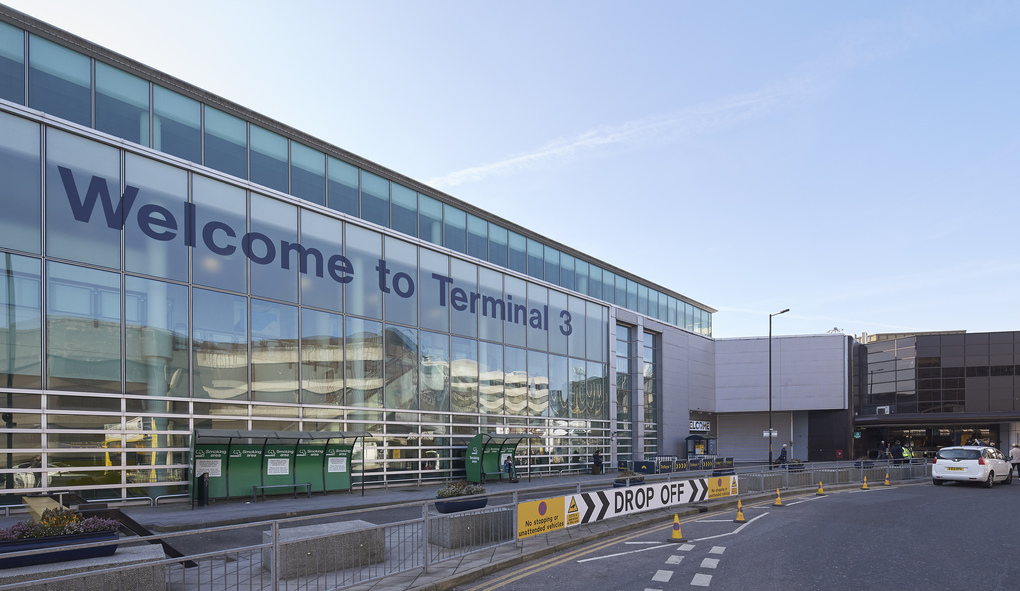 |
GERMANY. Frankfurt Airport owner Fraport today received a building permit for the scheduled Terminal 3 (T3) construction.
The new terminal, part of Fraport’s Airport Expansion Program, has been designed as a modular construction concept to be implemented in phases. The first construction phase will include the central terminal building and two piers – featuring 24 aircraft docking positions – which will serve up to 14 million passengers per year.
When fully completed, Terminal 3 will provide a total of 50 aircraft docking positions.
Terminal 3 will be linked to the existing Terminals 1 and 2, as well as the airport train stations, by expanding the airport’s baggage conveyor and Sky Line people-mover systems.
Planning for the passenger terminal focuses on achieving high energy efficiency standards. For example, the design of the building’s technical systems is intended to completely eliminate the need for external heating.
According to the long-term traffic forecast issued by the German Ministry of Transport and Digital Infrastructure, passenger figures are set to grow by an annual average of +2.5% by 2030. However, Frankfurt Airport has already exceeded such projections, posting average passenger growth of +3% in recent years. On this basis, the capacity of Terminals 1 and 2 is expected to be exhausted by 2020.
Commenting on the forecast, Fraport Executive Board Chairman Dr. Stefan Schulte said: “We will now examine this estimate further, using detailed forecasts. On this basis, we will be able to assess requirements for future terminal capacity. The deciding factor is that we will continue to be able to provide our passengers with the necessary capacity and a wide range of flight connections with the best possible services and processes.
“German companies are very successful on the global market, which secures and creates jobs and prosperity in Germany. Prerequisites for this success are direct, fast and reliable flight connections to the rest of the world. This is the role of Frankfurt Airport for the region, the State of Hesse and Germany as a whole. Thus, demand-driven expansion of capacities – as already provided for in the earlier zoning decision – is essential.”





